Scientists have developed an artificial neuron that could lead to the creation of compact, energy-efficient computers inspired by the human brain. The breakthrough was published in the journal Nature Electronics, where researchers from various institutions showcased their electronic imitator of a biological neuron. This innovation is a significant step towards building more efficient and powerful artificial intelligence systems.
According to Dr. Rong Zhao, the lead author of the study, the artificial neuron is designed to mimic the functions of a biological neuron, including signal transmission and processing. "Our electronic imitator is capable of replicating the complex behavior of a biological neuron, which is essential for building more realistic and efficient artificial neural networks," Dr. Zhao explained in an interview.
The development of this artificial neuron is a crucial milestone in the field of artificial intelligence, as it could enable the creation of more compact and energy-efficient computers. Currently, artificial neural networks require significant computational power and energy resources, which can be a major limitation in their widespread adoption. The artificial neuron developed by the researchers could potentially address this issue by reducing the energy consumption and size of these networks.
The idea of building computers inspired by the human brain is not new, but the complexity and efficiency of these systems have been significant challenges. The human brain is capable of processing vast amounts of information while consuming relatively little energy, making it an attractive model for artificial intelligence researchers. "The human brain is an incredibly efficient and powerful computing system, and we are still far from fully understanding how it works," said Dr. Zhao. "Our electronic imitator is a step towards building more efficient and realistic artificial neural networks."
The researchers used a combination of materials science and electrical engineering to develop the artificial neuron. They created a device that can mimic the behavior of a biological neuron, including signal transmission and processing. The device is composed of a series of interconnected layers, which are designed to replicate the complex behavior of a biological neuron.
The development of this artificial neuron has significant implications for society, as it could enable the creation of more efficient and powerful artificial intelligence systems. These systems could be used in a wide range of applications, from healthcare and finance to transportation and education. "The potential applications of this technology are vast and exciting," said Dr. Zhao. "We believe that our electronic imitator could lead to significant advancements in the field of artificial intelligence and have a major impact on society."
The researchers are currently working on scaling up the artificial neuron and integrating it into larger artificial neural networks. They are also exploring potential applications of the technology, including the development of more efficient and powerful artificial intelligence systems. As the field of artificial intelligence continues to evolve, the development of this artificial neuron is a significant step towards building more efficient and realistic artificial neural networks.
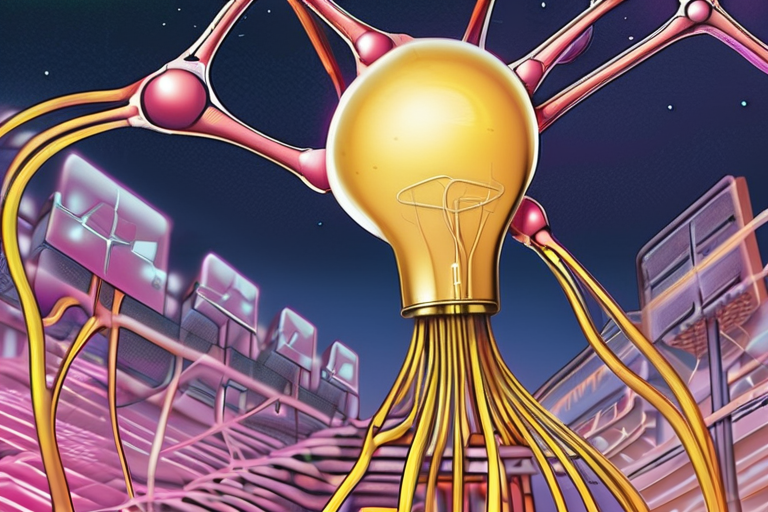


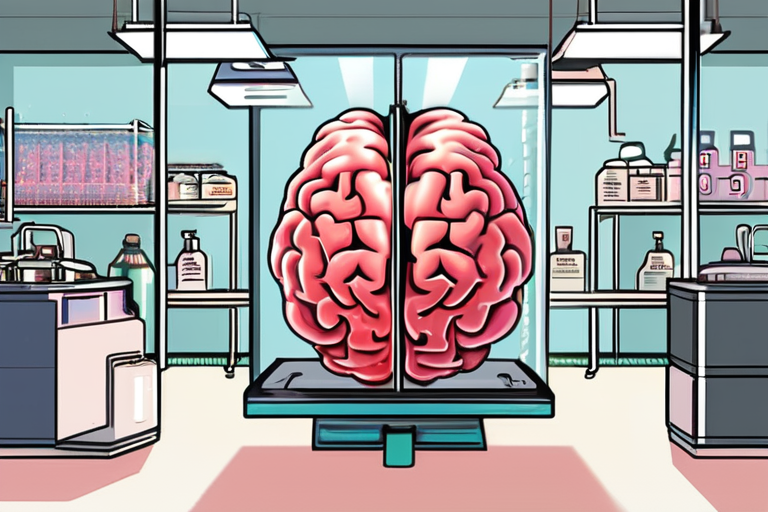


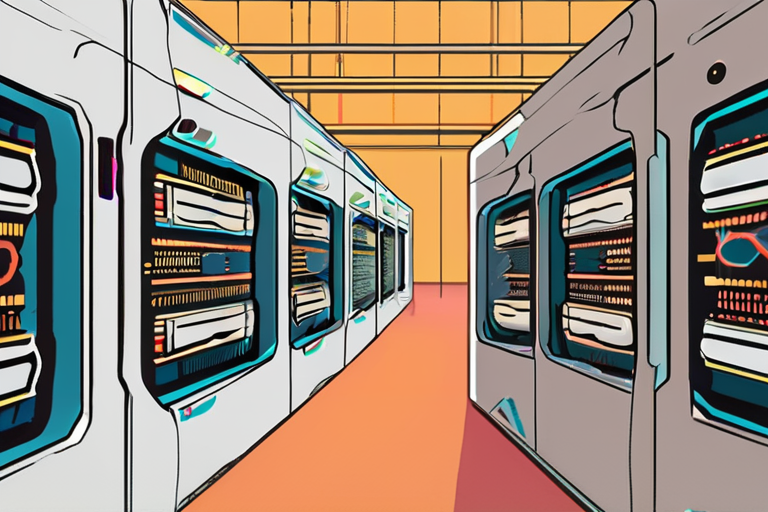
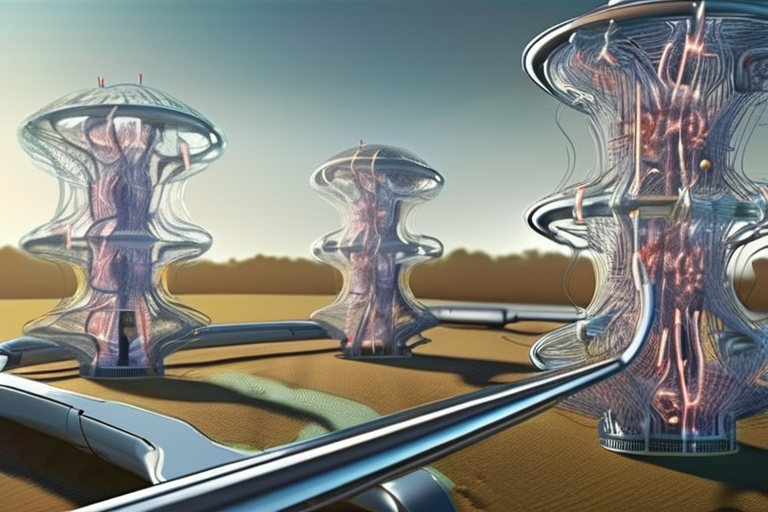

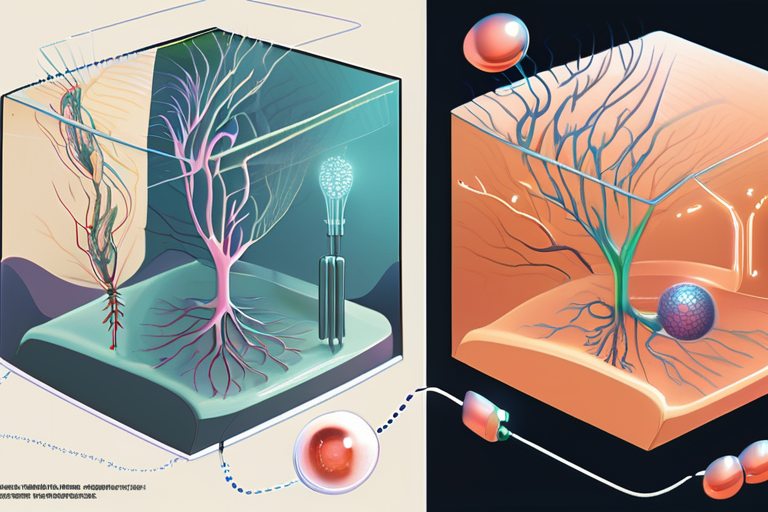
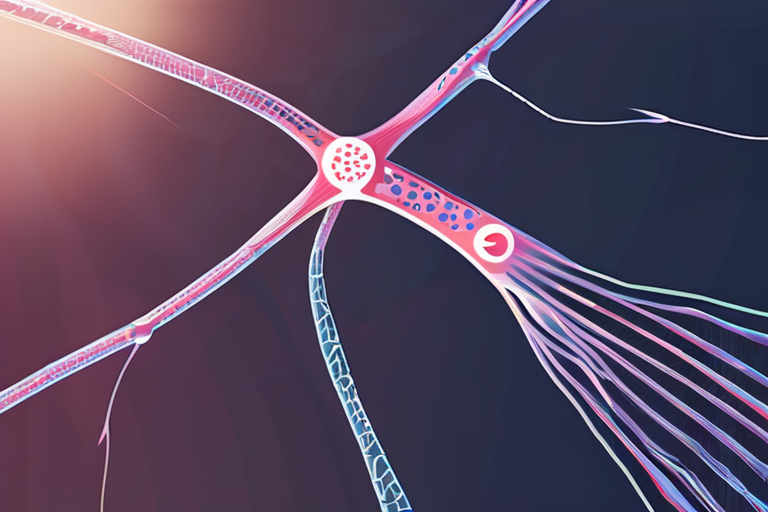
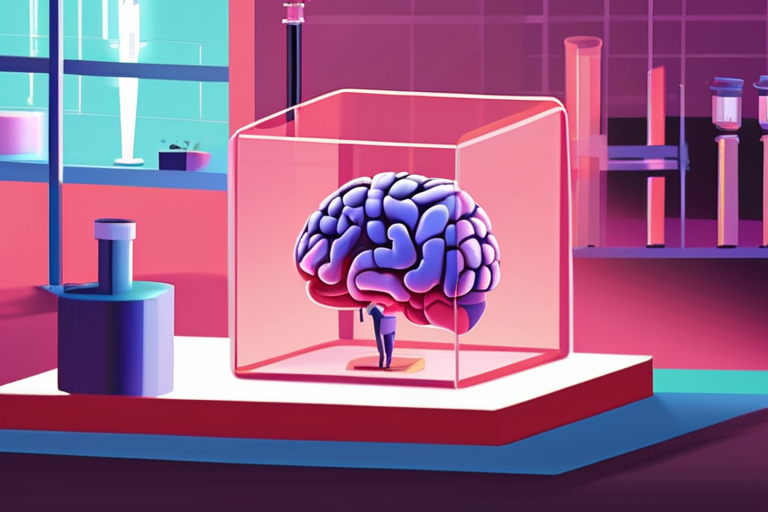
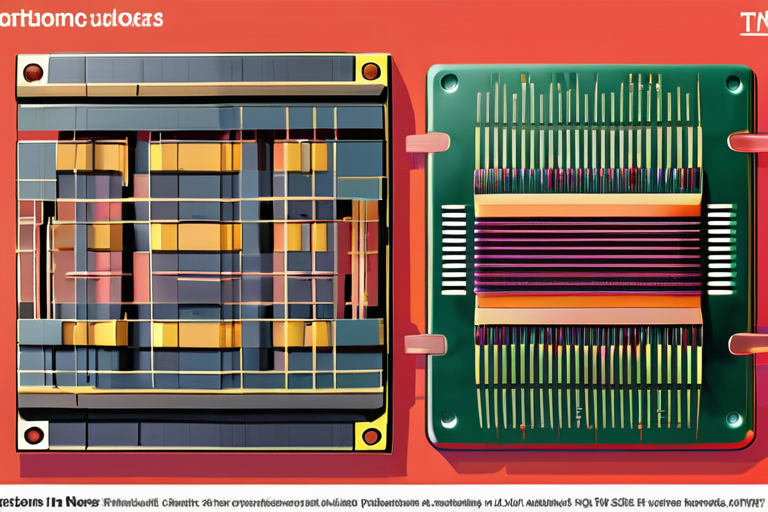

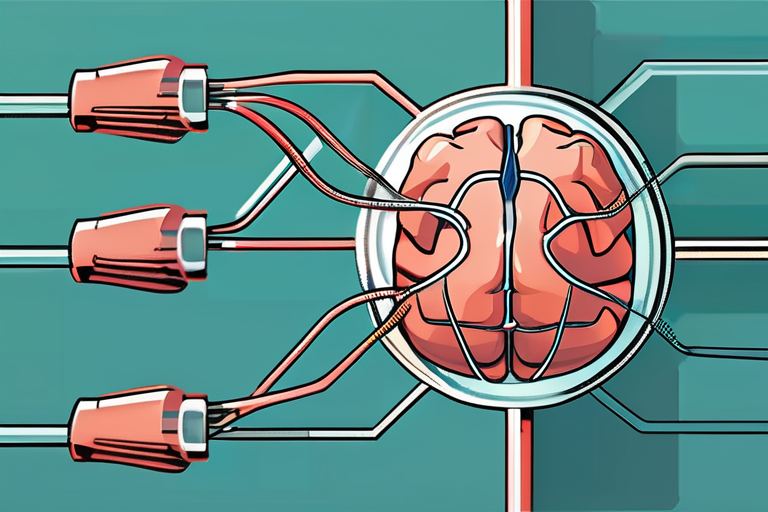
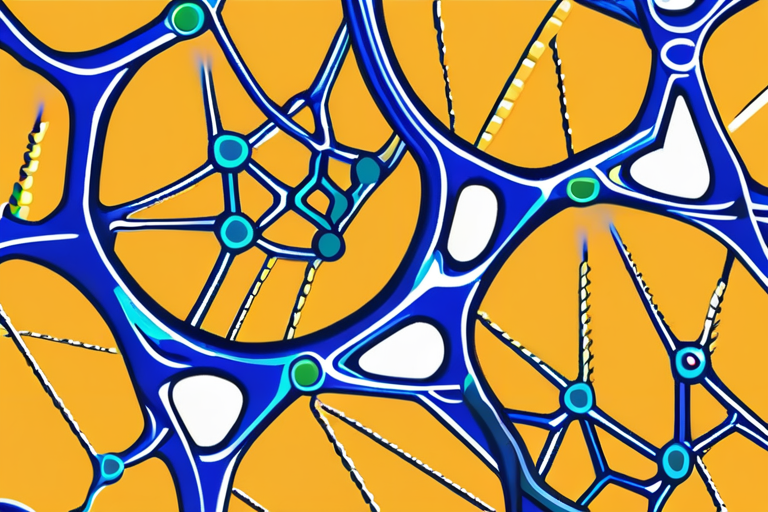

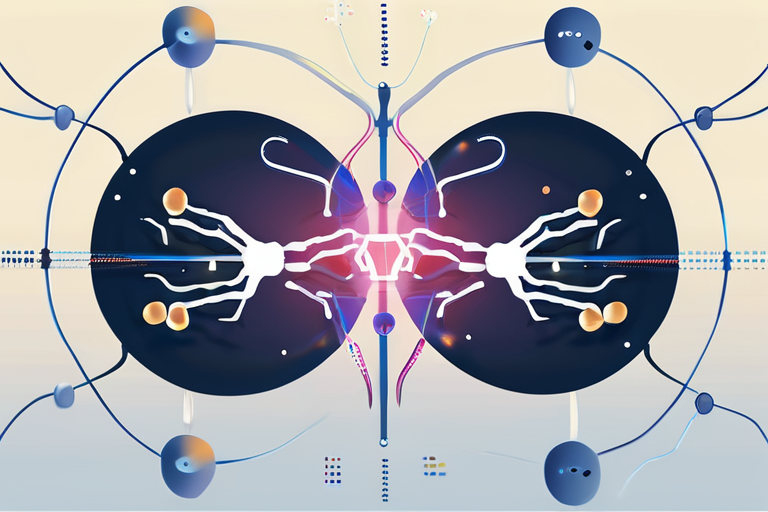


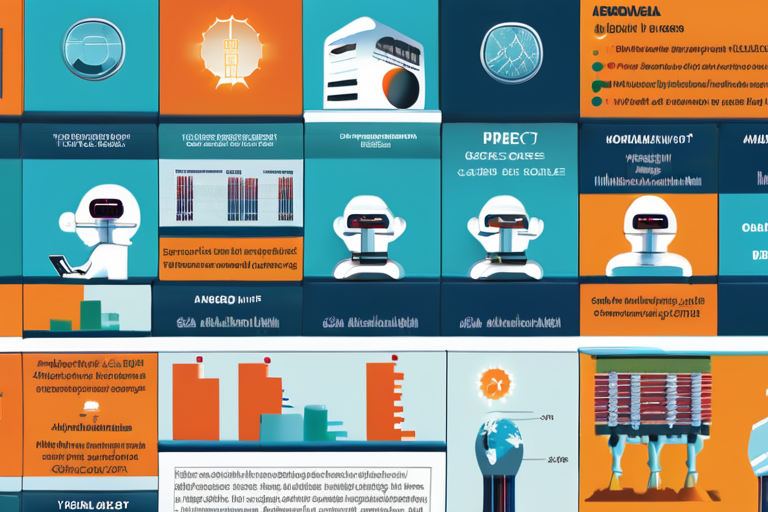
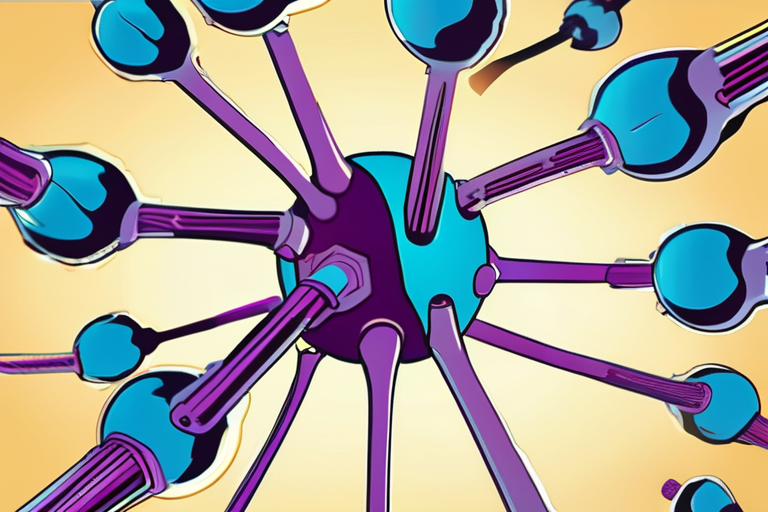




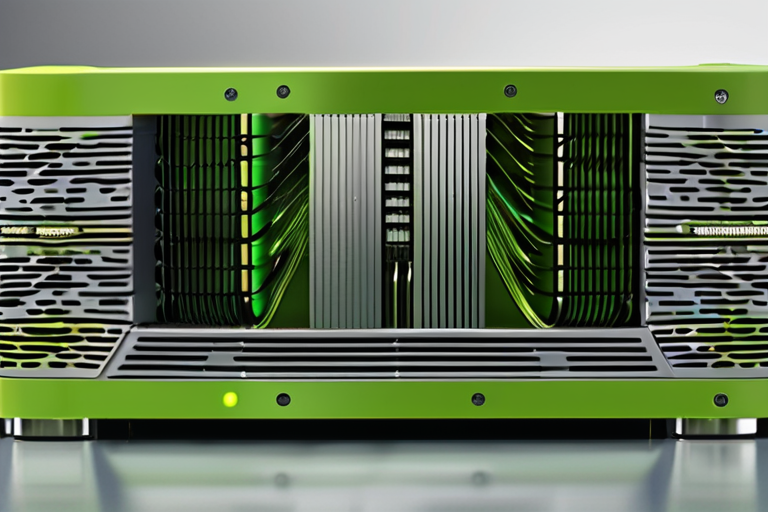
Share & Engage Share
Share this article